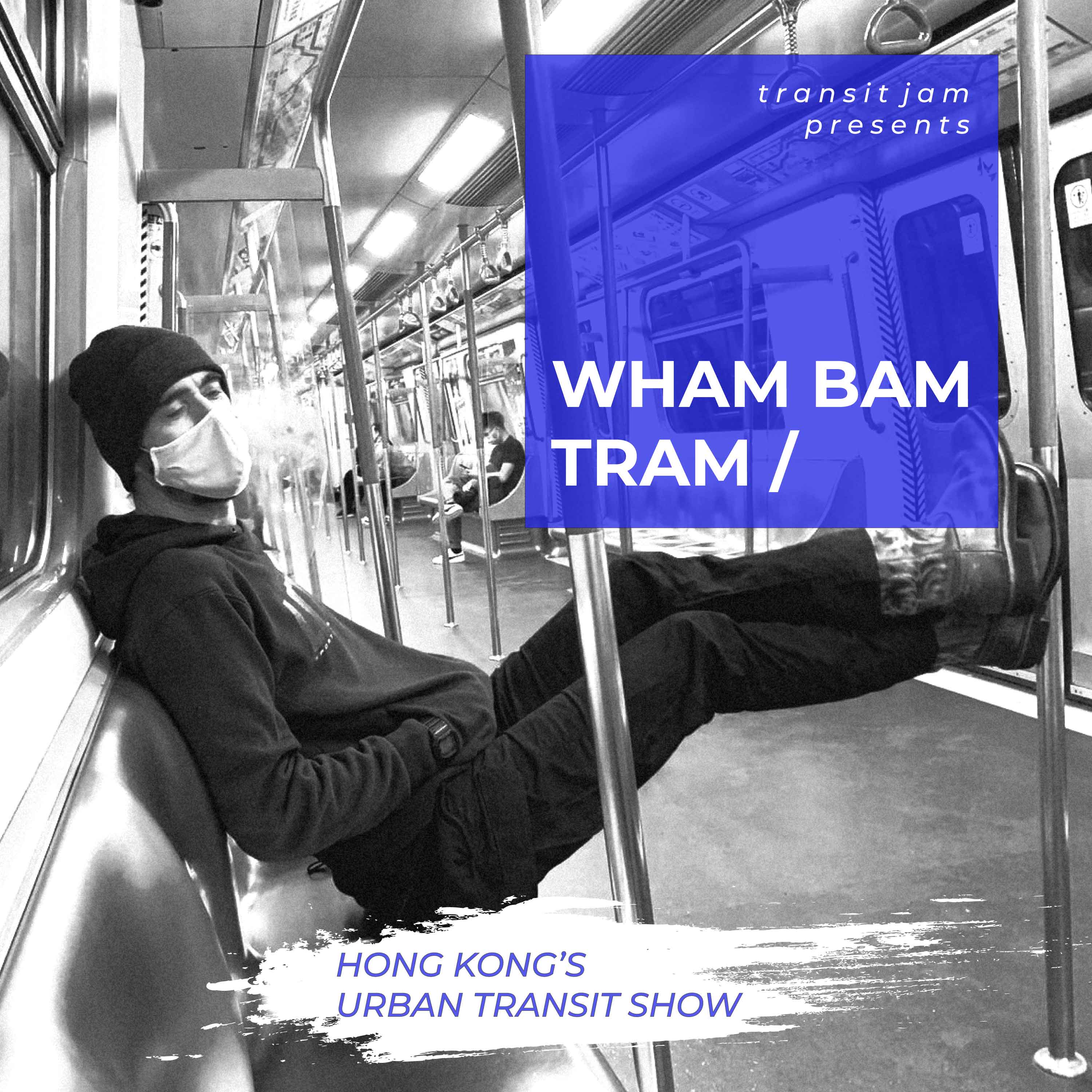E-scooters and e-bikes could be legally whizzing up and down several Hong Kong cycle paths by the end of the year, according to the Transport Department (TD), as the government pushes ahead with its plans to regulate their use across the city.
“TD plans to conduct site trials in Science Park and Tseung Kwan O from the end of this year,” says a government spokeswoman, adding that officials hope to first engage with District Councils and user groups such as e-mobility users and cycle track users.
Groups have already been invited to discussions with the government later this month, according to sources.

Police quiz a cyclist during a three-day operation to crackdown on e-mobility devices on Hong Kong Island earlier this year
“It is the Government’s intention to bring the law up-to-date with a view to providing a proper regulatory framework for electric mobility devices (EMDs) on the one hand, and embracing new technologies and innovations for personal mobility on the other hand,” the government said in a paper to LegCo in June this year.
The site trials will focus on the public acceptance of the use of e-mobility on cycle tracks, how users of regular bikes and EMDs interact on cycle paths and the effectiveness of safety requirements to be imposed on EMD users.
Questions remain about how users would get to and from the trial areas with their machines: TD remains adamant that such devices, even pedal-assist bikes, will not be allowed onto Hong Kong’s roads. “Considering that the existing road infrastructures are mainly designed for motor vehicles without any designated bike lane and the fact that vehicular and pedestrian traffic as well as kerbside activities are extremely heavy in Hong Kong even outside the central business districts, we propose that motorised [devices] should not be allowed on carriageways,” says the government.
The stringent laws banning e-bikes and e-scooters haven’t dampened enthusiasm for the devices, with over a million such machines thought to be in the city, according to import records.
Nevertheless, established manufacturers have shied away from exporting to Hong Kong. Two leading Dutch e-cargo bike manufacturers, Urban Arrow and Riese & Müller, said they would not ship their products to Hong Kong. “We can’t guarantee that our bikes are built according to Hong Kong laws and regulations and are therefore street legal,” said Riese & Müller.
Indeed, part of the government’s trial is to work out specific changes to the law which could see such machines made street legal. “EMDs are mechanically propelled and thus caught by the definition of ‘motor vehicle’,” says the government, explaining the legal issues. “However, the designs and configurations of EMDs, in general, fail to meet the statutory safety requirements of motor vehicles. For example, EMDs’ braking and lighting systems do not meet the statutory requirements of motor vehicles,” it says.
The government earlier said it would develop new regulatory and technical requirements, including speed control, safety gear and age restrictions, while creating new traffic offences to enforce the proposed regulations.
Categories: On the Roads, Policy, Transit







